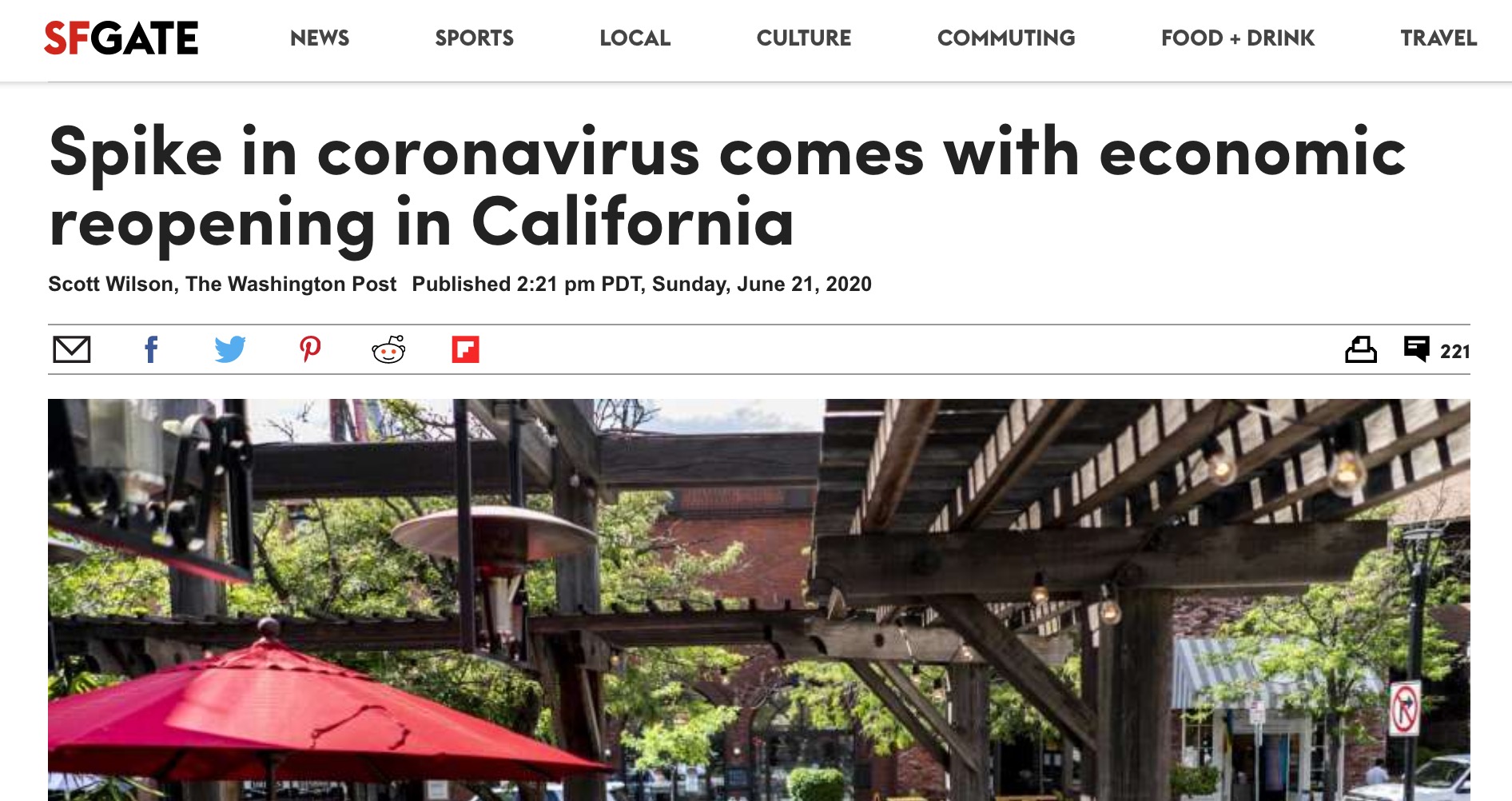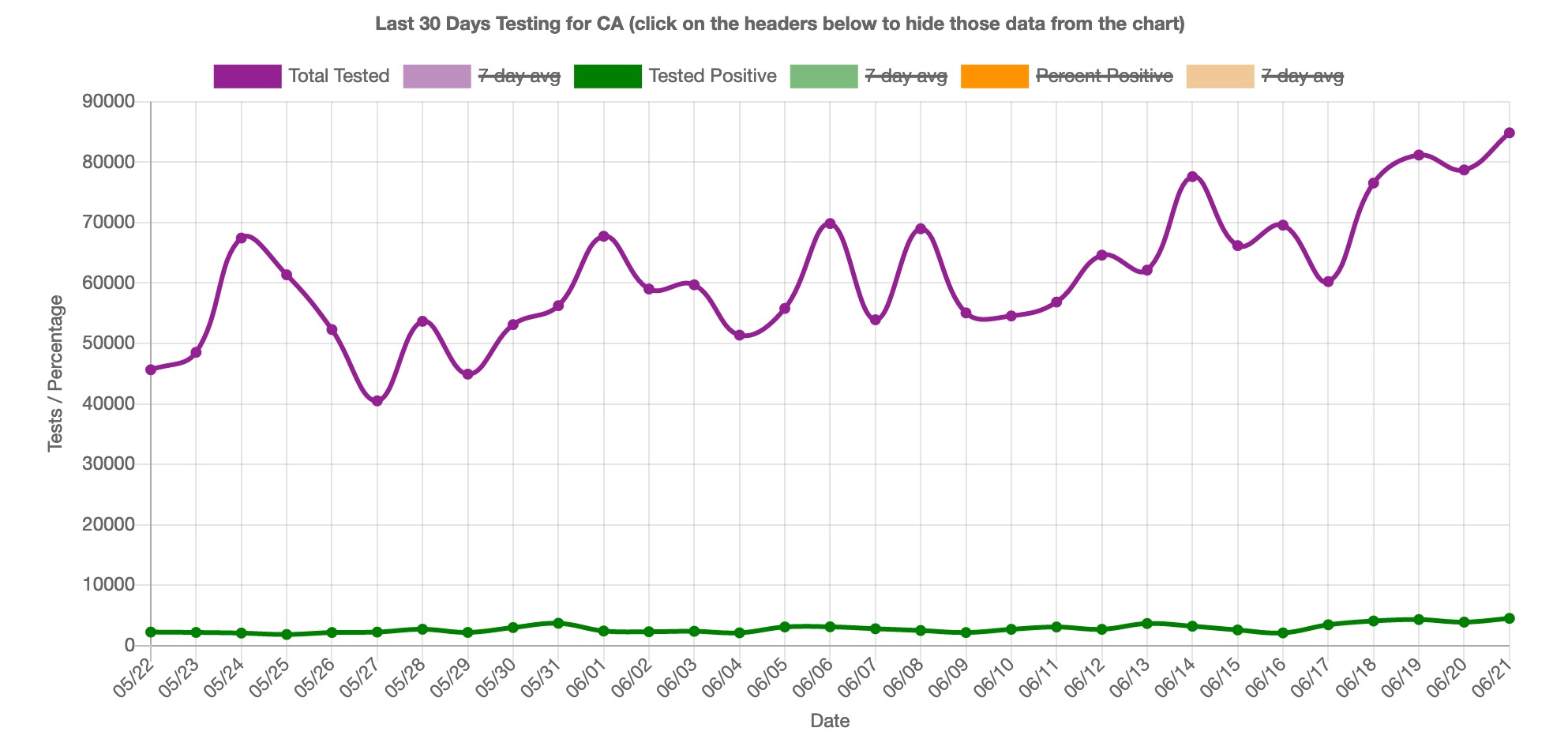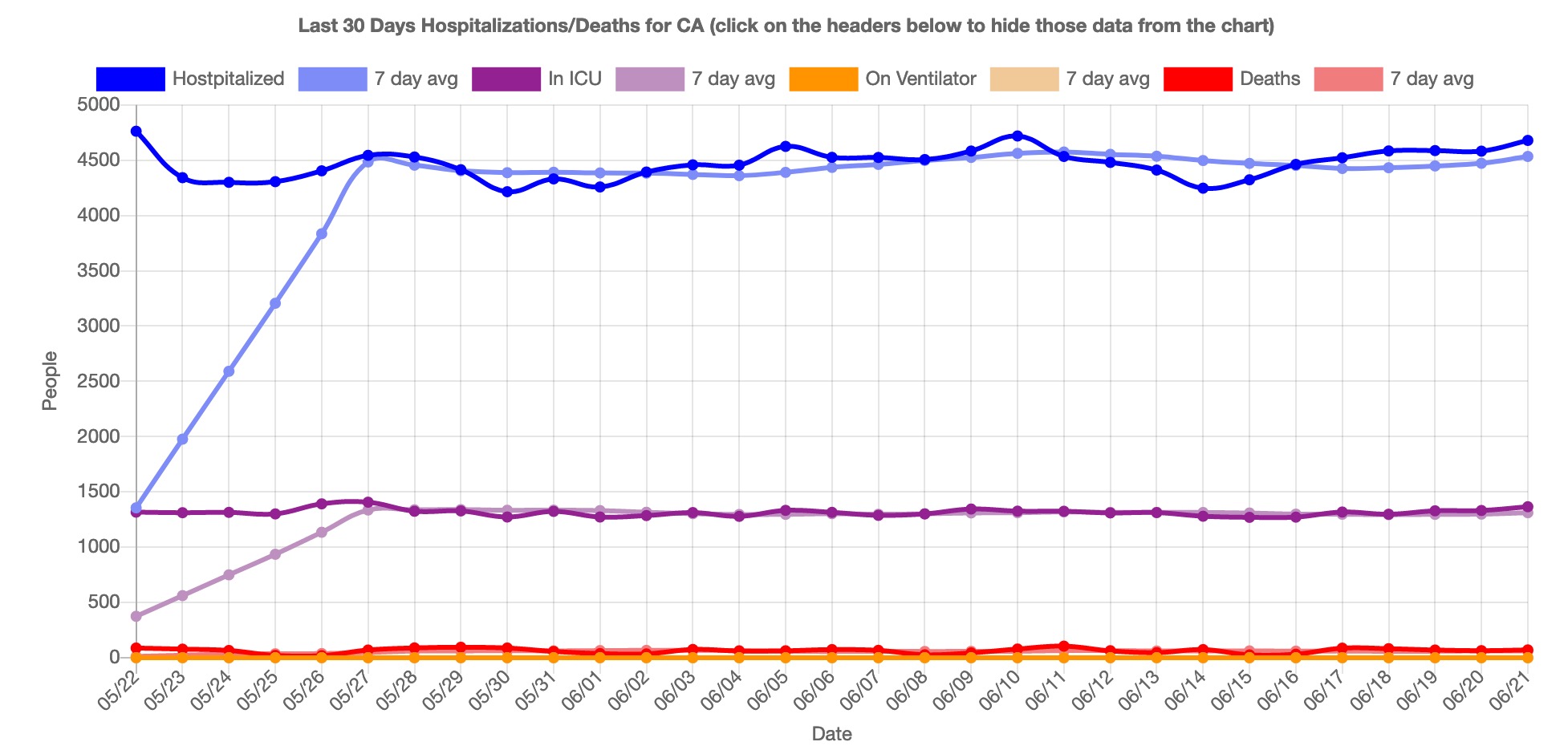The Coronavirus and Prosocial Manipulation
June 23, 2020Categories: Reason, Uncomfortable Ideas

The Dr. Bo Show with Bo Bennett, PhD
The Dr. Bo Show is a critical thinking-, reason-, and science-based approach to issues that matter. It is the podcast of social psychologist Bo Bennett. This podcast is a collection of topics related to all of his books. The podcast episodes, depending on the episode, are hosted by either Dr. Bennett or Jerry Sage, discussing the work of Dr. Bennett.
What if you learned that you were manipulated into holding certain beliefs about and changing your behavior in regards to the Coronavirus? What if you learned that you were actually manipulating others? You might take a journey through the Kübler Ross five stages of grief: denial, anger, bargaining, depression, and acceptance. Admit it. You are already experiencing denial. Don't worry. After you experience a brief bout of anger, you'll skip right to acceptance.
In my book Uncomfortable Ideas, I introduced the concept of prosocial manipulation providing examples of how we unknowingly "shape" attitudes and behaviors or others to achieve some common good. There is no secret organization, cabal, or "deep state" behind this manipulation. We are behind it. The same people who are the victims of the prosocial manipulation are also the perpetrators. The manipulation works primarily through operant conditioning, or a method of learning that occurs through rewards and punishments for behavior. With the introduction of social media and the constant bombardment of rewards and punishments through "likes" and comments, prosocial manipulation is more powerful than ever. The primary difference between prosocial manipulation and simply encouraging good behavior while discouraging bad behavior is that prosocial manipulation uses deception, half-truths, and lies.
We begin with a goal: to minimize death and suffering. No doubt a goal worthy of the label "prosocial." The problem is, when reality, facts, science, and reason conflict with the goal, the goal takes precedence for the social good. This is similar to the concept of the pious fraud in religion, where the "end justifies the means." Does it really matter if the truth is bent a little if it means saving souls? Or, in the case of the Coronavirus, does it really matter if the truth is bent a little if it means saving lives? We'll get to that in a bit.
Given that this is a new virus about which we know very little, there has been a wide range of speculation as to how deadly this virus is, how contagious it is, how many people will get infected, how long it will last, how many "waves" there will be, how serious future waves may be, if the virus is mutating, how long until a vaccine, how effective a vaccine might be, who is most susceptible to the virus, and how serious the consequences are of our strategies dealing with the virus. As just one example, the Imperial College London model predicted that 2.2 million Americans could die from the virus as compared to a revised model predicting just over 60,000 deaths by August of 2020. By focusing on the most pessimistic speculations of this pandemic, one can certainly create a narrative that is on par with Hollywood's most apocalyptic thrillers while technically citing "science." The problem is, that's not how science works. A goal of science is to make accurate predictions, not pessimistic ones in order to influence behavior. This is done by evaluating all the available data, comparing methodologies, understanding the limitations of the study, and removing all biases before reaching a scientific conclusion, even if that bias is a noble one such as wanting as few people to die as possible.
Here are just a handful of ways this prosocial manipulation has been expressed in the past few months regarding the Coronavirus:
Selective Reporting. Perhaps the greatest tactic used to influence public perception is selective reporting. Selective reporting is the media's confirmation bias in that they report only (or primarily) the facts and figures consistent with the narrative they are pushing. Theoretically, the fewer people who dismiss this virus as "no worse than the flu," the fewer cases we will see, and the quicker we can get over this. Reporting good news about the Coronavirus, specifically how numbers are significantly declining in most states, will unquestionably result in people relaxing their vigilance, ultimately leading to more deaths from the virus.
Selective Sharing of Articles. Similar to selective reporting, this is when an individual shares only the articles in line with the accepted narrative, and any deviations from that narrative will be met with behavior modification such as angry face emojis and negative comments.
Ignoring Testing. Reports of "spikes" in new cases are common, perhaps because of the "if it bleeds it leads" rule. Consistent with selective reporting, we don't see an equal number of reports of "significant declines" in new cases, but when we do see these spikes, testing is often ignored. For example, as I write this, reports of cases in California "spiking" are common in the news and social media.

What we don't see reported is the fact that the increased number of new cases is consistent with the increased number of tests during the same period. This is not good news as cases do not appear to be declining, but it is far less grim than as portrayed by the media and our statistically ignorant social media friends. We cannot conclude that the increase is only due to increased testing or even primarily due to increased testing, but we can reasonably conclude that increased testing certainly plays a role.
 A reliable way to understand if the situation is worsening and if so, by how much, is to look at the current hospitalizations. This number is independent of testing. If we look at California at the same time these spikes are being reported, we see that the hospitalizations have remained flat. Again, not good news, but certainly not the dire situation expressed in the media.
A reliable way to understand if the situation is worsening and if so, by how much, is to look at the current hospitalizations. This number is independent of testing. If we look at California at the same time these spikes are being reported, we see that the hospitalizations have remained flat. Again, not good news, but certainly not the dire situation expressed in the media.

Invoking Fear with Large Numbers. You've seen them. Headlines such as "With the Death Count Approaching 100,000, States Continue Plans To Reopen." To understand how misleading this is, imagine we are at some date in the future where we virtually eliminated this virus from humanity, and we see the headline, "With the Death Count Approaching [big number here], People Continue To Travel." Clearly, the number of total deaths is the wrong number to use when making decisions about current behaviors or policies. We want to know how many people are currently dying of the virus, not how many have died in the past.
Describing Possible Scenarios Rather Than Probable Ones. Similar to your mom's "If you don't brush your teeth, all your teeth will fall out!" kind of remarks, reporters and journalists thrive on pushing scientists and researchers for that worst-case scenario that they can mold into a click-baity headline that would scare the clicks out of anyone. "Leading Virologists Says We May Never Have a Vaccine for COVID-19." Scary, and certainly a possibility, but highly unlikely given all that we do know. Since we know that headlines are read far more often than articles, it doesn't matter much if the clarifying statement on probability is buried within the article. Headlines alone are incredibly influential on social media.
Reporting on the Outliers. An outlier is a data point that is unusual, uncommon, and often rare, common in a standard distribution. For example, if we measure the heights of all the people in an auditorium we may find that 98% of the heights are within the range of 4' 9" and 6' 3", but there are a few people outside that range. Those that fall outside the range are the outliers. Given the distribution of people who die from covid-related complications, a person over the age of 75 is about 40 times more likely to die from the virus than a person between the ages of 24 and 35. If we had an accurate picture of reality by the media, we would expect about 40 times more stories of the older group dying than the younger group when this is not close to being the case. In fairness to the media, it is not their job to report on unremarkable events, no matter how tragic. If the court of public opinion finds that the 24 to 35 demographic is behaving most irresponsibly in terms of spreading the virus, posting more stories of this demographic dying is a sure way to correct the irresponsible behavior.
Ignoring the Principle of Charity. The principle of charity, in this context, is assuming the person providing information that is not in line with the current narrative is doing so to correct misinformation rather than spin a competing narrative. With non-controversial issues, virtually everyone applies the principle of charity, but this isn't so with issues that have a strong ideological component, such as the Coronavirus. Assuming one's position is malicious gives the person making the assumption the opportunity to virtue signal, a common social response where one attempts to demonstrate their benevolence and values. Arguing against a position that might lead to people taking the virus less seriously without regard to its veracity is an example of prosocial manipulation.
Using Simplistic Soundbites. People are easily persuaded by soundbites, especially soundbites that rhyme or have catchy alliteration, such as "lives vs. livelihoods" or "profits over people." Of course, when you take time to think about what these mean, the attractiveness of the ideas begins to fade. We realize that lives are inextricably linked to livelihoods and that "profits over people" is a false dichotomy. There are only a handful of people who create these soundbites knowing, that they will catch on and be shared by the parroting masses until the soundbite is pervasive, just like a virus.
Punishing Questions, Discussions, Debate, Even Optimistic Data. In the past, I was diplomatically commenting on many posts raising the points above, only to have my comments met with scorn. I have been accused of "not taking this virus seriously," "defending Trump," and even pushing the conservative narrative (even though I am a liberal). The bombardment of negativity and personal attacks resulted in me no longer commenting. I just don't have the time or energy to deal with such attacks, and if that is how I feel, I am sure that I am not alone. With fewer people like me correcting the narrative, the narrative continues to mislead.
Are you ready for the big twist? Prosocial manipulation is based on what people believe is best for the group, not what is necessarily best for the group. Prosocial manipulation discourages competing perspectives and narratives. This presents a challenge if a competing perspective would be more beneficial to the group or if the current perspective is actually harmful to the group. Recall our goal: to minimize death and suffering. Is this really the goal on which we should be focusing? We don’t ban cars just because drivers kill tens of thousands of people per year (including non-driving bystanders). If the goal was to "minimize death and suffering," we should ban cars. We realize that cars are an overall positive to human well-being, and we accept the risks and the inevitable deaths as a result. Policies regarding the Coronavirus should consider not only physical well-being but mental well-being, economic well-being, the indirect effects of our lockdown policies (e.g., suicide, depression, child abuse, spousal abuse, alcoholism, drug use, etc.). It is estimated that the disruption in the food supply chain is projected to result in 500 million more people into poverty. This means that all of our virtue signaling, passionate debate on a topic about which we know very little, and prosocial manipulation is likely doing more harm than good. This shouldn't be too surprising because, if you think about it, deception, half-truths, and lies rarely lead to good outcomes.
We are all heroes in our own story whether we are sharing a pessimistic article on how Coronavirus rates are spiking or commenting on how a pessimistic article is misleading. Unless we are sociopaths, the chances are we are doing what we believe is good and right, which includes dismissing information we believe is bad and wrong. Facts and reality do still matter and are critical in differentiating good ol' fashioned persuasion from prosocial manipulation. Be more critical about what you read and especially what you share. Although it may not seem like it, we all really are in this together.
Note to the reader: I have been disappointed with all covid reporting sites in that they fail to offer a complete picture. As a result, using the data (API) from the covid tracking project, I have created my own covid tracking for the United States and each individual state. You can find this at https://www.archieboy.com/covid19_USA.html .